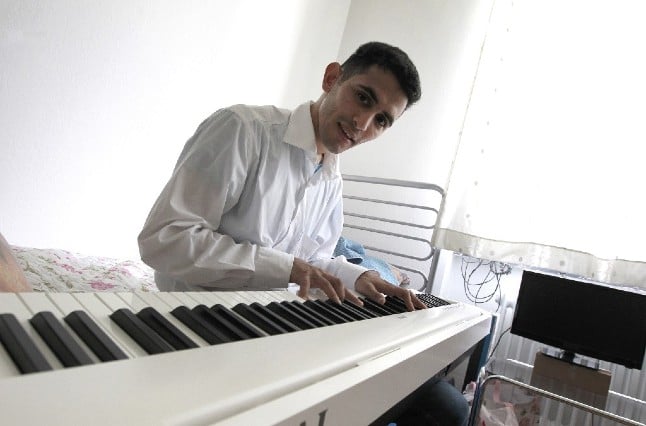The survey, which has been running since 2004, was conducted by polling organization Viavoice for newspaper Le Figaro, radio station France Inter and business school HEC.
After significant improvements earlier this year in the index, it seems that the debt crisis and stock market falls of the last few weeks have plunged professionals back into a state of gloom.
Three-quarters of those questioned expect the standard of living to get worse in the next year and eight out of ten think that unemployment will increase. Seven out of ten think that France will go back into recession.
“The strength of the decline in these economic indicators is particularly worrying,” said François Miquet-Marty, president of Viavoice.
At a personal level, one in six of those questioned think their own personal finances will get worse and 80 percent think their chances of progressing their career are “weak.”
“The budget, French and German proposals on the crisis and the G20 meeting in the autumn: these meetings will be crucial for restoring the confidence of professionals,” said Miquet-Marty.



 Please whitelist us to continue reading.
Please whitelist us to continue reading.
Member comments